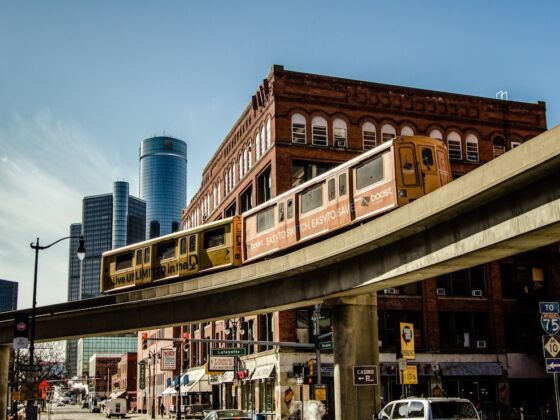A FEW YEARS AGO, a friend of mine mentioned that he’d just come back from Detroit.
-
- “On business?” I asked.
“No, for vacation,” he said.
“Are you joking?” I replied.
The very idea of a vacation in Detroit dumbfounded me. Especially when my friend said what a great time he’d had, visiting the Motown Museum, the Detroit Institute of the Arts with its splendid Diego Rivera murals, the Henry Ford Museum and Greenfield Village, and the Whitney Mansion for brunch. His trip did sound like fun. In fact, it sounded like a visit to a city I did not recognize, even though I was born there.
